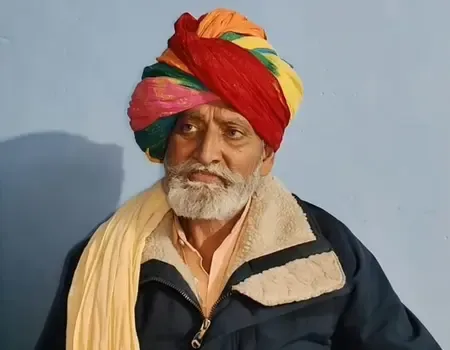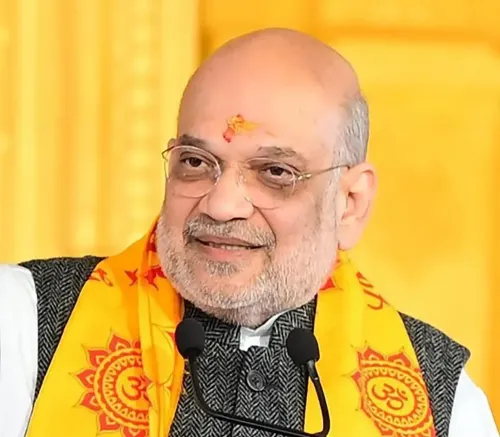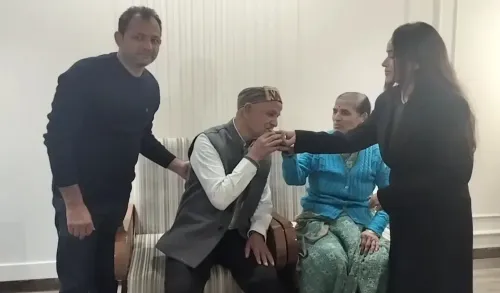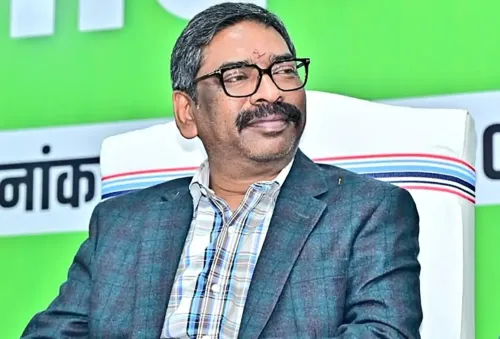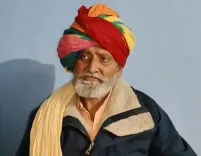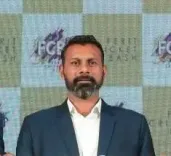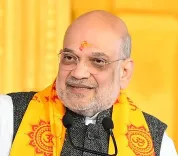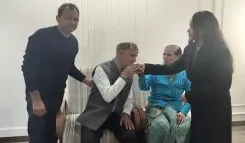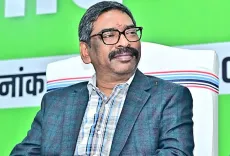What was CM Sharma's role in the 'Pran Pratishtha' of Shri Meera-Madhav & Shri Krishna temples in Rajasthan?
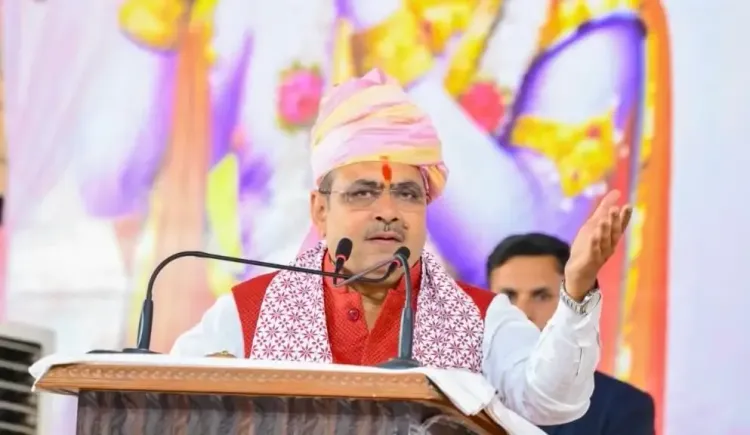
Synopsis
Key Takeaways
- Rajasthan's commitment to preserving Sanatan culture through temple development.
- Significant financial support for cow welfare initiatives.
- Empowerment programs aimed at youth, women, labourers, and farmers.
- World-class infrastructure developed at pilgrimage sites.
- Community engagement through fairs and cultural events.
Jaipur, Nov 25 (NationPress) Rajasthan's Chief Minister Bhajan Lal Sharma stated on Tuesday that the double-engine government at both the Centre and state levels is fully committed to enhancing Sanatan culture, providing support for cow welfare, and promoting the interests of youth, women, labourers, and farmers.
He emphasized that by embracing Prime Minister Narendra Modi's principle of 'Development with Heritage', the Rajasthan government is facilitating comprehensive growth of temples and pilgrimage sites.
Chief Minister Sharma made these remarks during the 'Pran-Pratishtha' (consecration ceremony) for the Shri Meera-Madhav Temple located in Netra village of Pali district, Rajasthan.
He noted that establishing the Shri Meera-Madhav Sarkar within a temple situated in a cowshed is a significant blessing.
"Visiting this sacred land, blessed by the Mother Cow's feet, is a remarkable fortune," he remarked.
The Chief Minister expressed that through the worship of Shri Krishna and Meera bai, Netra village is destined to attain a sanctity akin to 'Vaikuntha' (the eternal spiritual abode of Lord Vishnu).
He also highlighted the extensive efforts under Prime Minister Modi's leadership to safeguard Sanatan culture throughout the nation.
"After centuries, the magnificent Shri Ram Temple in Ayodhya has been completed, evolving into the world's largest cultural hub. Today, the Prime Minister hoisted the 'Dharmadhwaja' (saffron flag) at the temple, fulfilling the religious aspirations of millions of Indians," he stated.
Chief Minister Sharma mentioned the world-class developments initiated at religious destinations such as the Kashi Vishwanath Corridor, Mahakal Corridor, Kedarnath, and Badrinath.
He added that the Rajasthan administration has undertaken crucial initiatives to enhance cultural heritage within the state.
"We have organized a total of 129 fairs and cultural events. Through the Senior Citizen Pilgrimage Scheme, over 21,000 pilgrims have journeyed to Ayodhya and approximately 6,000 were flown to Nepal for the darshan of Lord Pashupatinath. More than 57,000 pilgrims have traveled to various holy sites via train. Special camps were established for the multitude of devotees from Rajasthan at the Maha Kumbh Mela in Prayagraj, Uttar Pradesh.
The Chief Minister revealed that the state government has allocated Rs 2,791 crore for cow protection and conservation in Rajasthan.
"Each registered cowshed receives Rs 50 per cow and Rs 25 per calf daily. Infrastructure improvements have been made in 341 cow shelters, and Rs 500 crore has been allocated under the Chief Minister's Milk Producer Incentive Scheme."
During the event, CM Sharma also presented a cheque of Rs 11 lakh to Godham Mahatirtha Pathmeda.
In attendance were Rajasthan's Animal Husbandry Minister Joraram Kumawat, BJP MP Madan Rathore, BJP MLA Chhagan Singh Rajpurohit, Lumbaram Chaudhary, and various other public representatives.
At the ceremony organized by the Bilawas Cow Shelter Service Committee, the Chief Minister remarked that Lord Krishna, the 16th incarnation of the divine, performed miraculous deeds in Braj and imparted the timeless teachings of the Shrimad Bhagavad Gita.
He emphasized the sacred role of the cow in Indian culture.
"We present the first roti to the cow. Just as we revere rivers, trees, and mountains, we must also honor the cow," he noted, urging the populace to advocate for cow protection.
CM Sharma affirmed that Prime Minister Modi envisions a strong India, achievable through the empowerment of its youth, women, labourers, and farmers.
"Our state government is dedicated to materializing this vision," he stated.
"Farmers in Rajasthan are receiving Rs 9,000 under the PM-Kisan Samman Nidhi, in addition to crop insurance benefits and interest-free loans from cooperative banks," the Chief Minister disclosed.
"The Gopal Credit Card, mobile veterinary services, and a Rs 5 per litre subsidy on milk have fortified livestock farmers," he added.
Previously, Chief Minister Sharma participated in rituals during a yagna conducted for the consecration of idols at the Shri Krishna Bhagwan Temple and paid homage to a cow by offering jaggery.
Rajasthan's Social Justice and Empowerment Minister Avinash Gehlot, BJP MPs Madan Rathod and P.P. Chaudhary, BJP MLA Shobha Chauhan, along with a considerable number of devotees, were also present.


